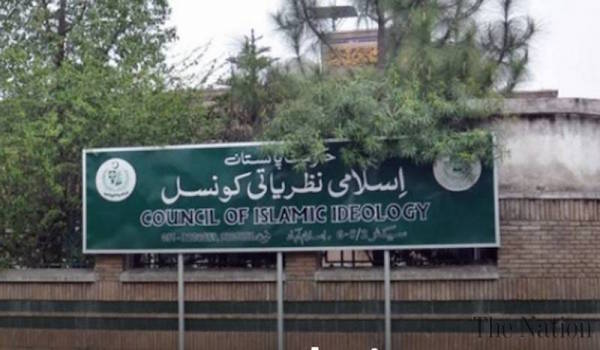The Council of Islamic Ideology (CII) reiterated its previous position that the Khyber-Pakhtunkhwa (K-P) Transgender Bill shares the same unIslamic characteristics as the Transgender Act of 2018, which had already been deemed inconsistent with Islamic principles by both the council and the Federal Shariat Court.
The discussion occurred during a session where CII members considered 19 agenda items under the leadership of CII Chairman Dr. Muhammad Raghib Hussain Naeemi.
The council also criticized the bill’s reference to the Guru-Chela (mentor-disciple) relationship, labelling it unIslamic.
In another significant ruling, the council maintained that allowing a first wife to annul her marriage if her husband remarries without her consent contradicts Islamic teachings, and any judicial decisions supporting such annulments are therefore invalid.
The CII approved the inclusion of premarital testing for thalassemia and other contagious diseases in the Nikahnama (marriage contract) as optional, affirming that the decision to marry should always remain at the discretion of the involved parties, following Islamic law.
Read: First Wife Cannot Annul Marriage Over Husband’s Second Marriage: CII
Organ transplantation, particularly of kidneys and livers, was endorsed by the council, provided that the donor’s life is not at risk.
Regarding employment benefits, the council decided that while new hires could be obligated to participate in the contributory pension system, existing employees should not be forced to join. It also emphasized that all pension funds must avoid any interest-based financial transactions.
Zakat Funds and Other Deliberations
The council addressed the distribution of Zakat funds, asserting they should be given to the deserving promptly. If administrative delays occur, these funds may be held in profit-generating Islamic bank accounts, with the government responsible for any potential financial losses.
The session included a presentation by four experts from the Sindh Institute of Child and Neonatology on the proposed establishment of a human milk bank, responding to 33 questions from the council members. Further inquiries were taken, and the council decided to continue studying the issue, planning to finalize their decision at the next meeting.
It was also determined that Islamic terms like Salah (prayer), Ayah (verse), and Masjid (mosque) should remain untranslated to preserve their religious significance.
Finally, the council called upon scholars and intellectuals to promote awareness about electricity theft at various levels.






